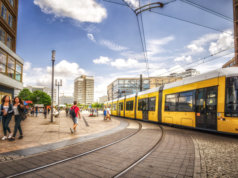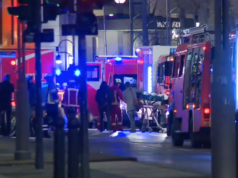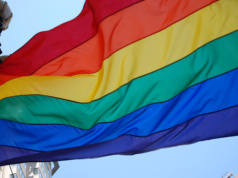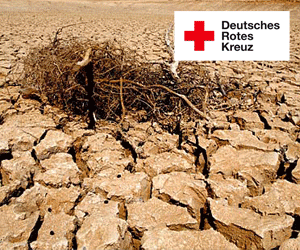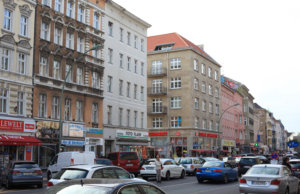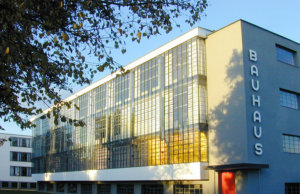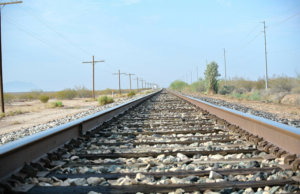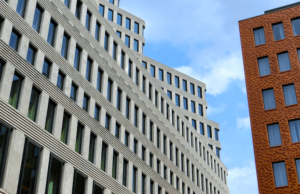When a Tunisian man plowed into a Berlin Christmas Market last month Germany was shaken. Although there had been attacks in the country before, this one caught international attention like no other.
Something about it was terrifying. But that was the point, right?
Safety is an increasing concern
The attack claimed 12 lives, the highest amount in Germany since 1980. A bomb killed 13 and injured hundreds at the popular Oktoberfest in Munich. In the month since the attack, the country has been increasingly wary of how safe it really is. Are we safe walking through the city streets? According to a new poll by YouGov, more than 60% of Germans want increased and enhanced video surveillance in public spaces. A total of 2,083 people took part in the survey, which was conducted on December 21-23, 2016 – just over a week after the attack.
As high as 73% of the respondents of the survey also called for a stronger police presence, and 61% felt that the police should be provided with better equipment. Half of respondents called for the Bundeswehr (Germany’s armed forces) to become more involved should a terrorist attack happen. At the moment, the soldiers can only be involved should the police ask for help.
There were no cameras monitoring the market at Breitscheidplatz where the attack took place. The question has since arisen: why were important safety precautions such as uniformed police lacking at Berlin’s markets?
Following the attack, Interior Minister Thomas de Maiziere said that Berlin’s regional government as to “urgently rethink” their attitude towards video surveillance.
Stepping up Germany’s security
Merkel’s cabinet has just recently passed a bill to permit increased video surveillance in public spaces, such as plazas, as well as in the transportation networks.
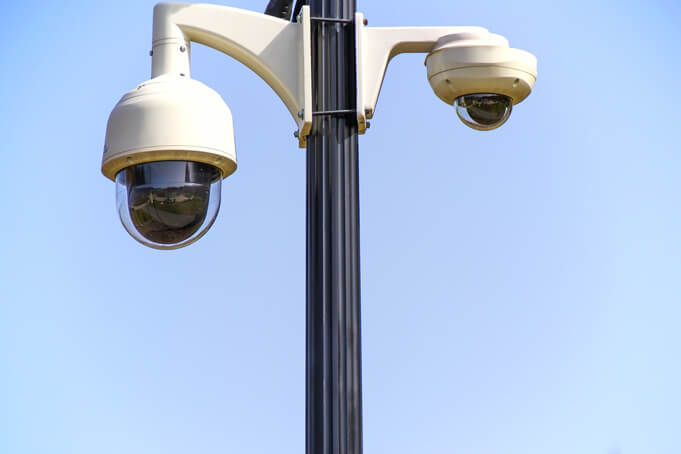
According to the government, the bill is designed to “step up Germany’s level of security”, emphasizing that: “protection of lives, health, and freedom of people via video surveillance conducted by private operators in publicly accessible areas should be considered ‘an issue of particular importance.’”
What purpose does video surveillance serve?
Critics of video surveillance often claim that is video surveillance is not only a violation of civil privacy, but also does nothing to stop an actual crime (instead just captures it in HD). While this point should always be taken into consideration, video surveillance of public areas can serve an important purpose not only to deter attacks but also to identify perpetrators should an attack occur. And while this can be true, the surveillance is nothing without proper and thorough police work.


